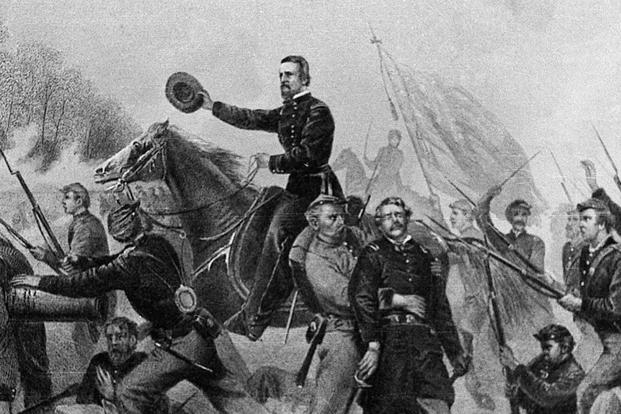As Rhett Butler pointed out in "Gone with the Wind," there were just some things the South lacked during the Civil War era that the North had in massive amounts — and it just so happened that all those things were the things you need to fight a war.
If zeal could be weaponized in wartime, the Confederacy might have had a chance. Not everyone in the South was very confident about the Confederacy's chances of winning the Civil War.
Cotton, slaves and arrogance just weren't going to be enough to overcome everything else the Confederates lacked. Butler wasn't far off in listing factories, coal mines and shipyards as essential materials.
The fictional Rhett Butler only echoed statements made by prominent, prescient (and real) Southerners at the time, like Sam Houston.
"If you go to war with the United States, you will never conquer her, as she has the money and the men. If she does not whip you by guns, powder, and steel, she will starve you to death. It will take the flower of the country -- the young men."
The Confederacy never had a chance. The Civil War was just the death throes of an outmoded way of life that was incompatible with American ideals, and the nail in its coffin was manufactured by Northern factories and foundries.
1. Manufacturing Capacity
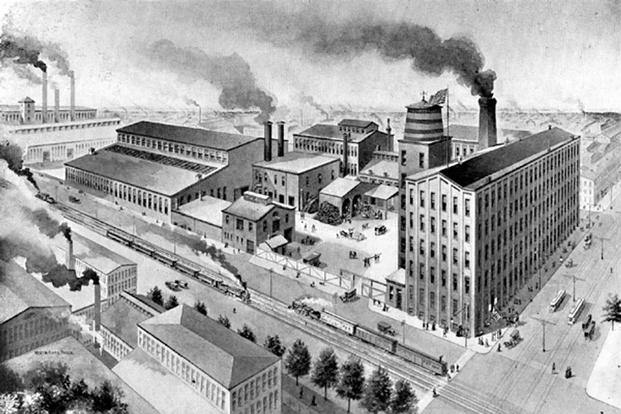
When it comes to actually fighting, there are some essentials that an army needs to be backed by; chief among them is the weapons of war. Southern historian Shelby Foote noted that the Industrial Revolution in the United States was in full swing at the time of the Civil War, and much of that growing industrial strength was firmly in the North. Meanwhile, the South at the war's onset was still chiefly an agrarian society that relied on material imported from outside the 11 would-be Confederate states.
It's not that the Southern economy was poorly planned overall; it was just poorly planned for fighting a war.
2. Economics
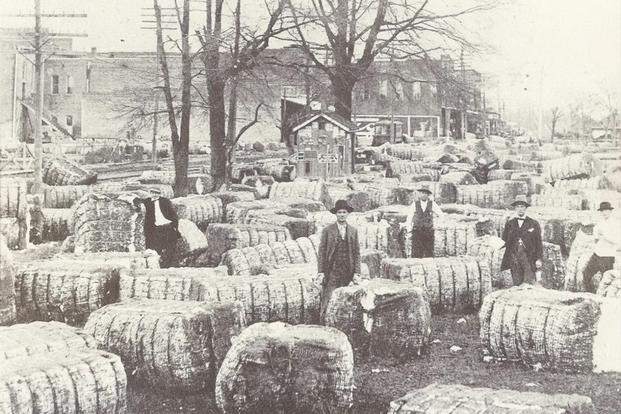
Very closely related to industrial output is what the South could trade for those necessary war goods. When all is well, the South's cotton-based economy was booming due to worldwide demand for the crop. The trouble was that the population density in the South was so low that much of the wealth of the United States (and the banks that go along with that money) was overwhelmingly located in the North.
When it came time to raise the money needed to fight a war, it was especially difficult for the South. Levying taxes on a small population didn't raise the money necessary to fund the Confederate army and, for other countries, investing in a country that may not exist in time for that investment to yield a return is a risky venture. And tariffs on imported goods only work if those goods make it to market, which brings us to ...
3. Naval Strength
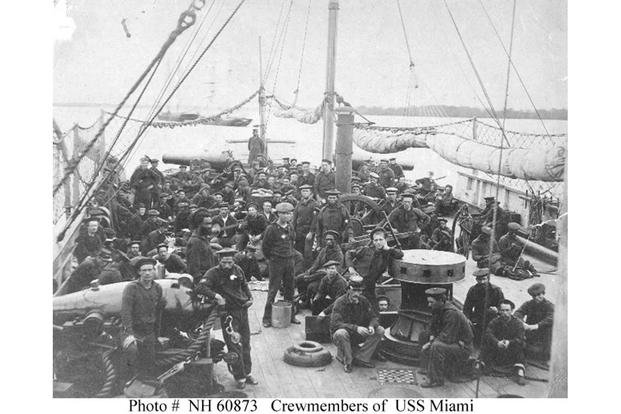
Although the Confederacy saw some success at sea, the Confederate Navy was largely outgunned by the Union Navy. One of the first things the Union did was implement a naval blockade of Southern ports to keep supplies from getting to the Confederate army while keeping that valuable Southern cotton from making it to foreign ports. The South's import-export capacity fell by as much as 80% during the war.
4. Ground Transport

Earlier I noted the Southern economy was poorly planned for fighting any war. That situation becomes more and more dire when fighting the war on the South's home turf. The North's industrialization required means of transport for manufactured goods, and that meant a heavy investment in the fastest means of overland commercial transport available at the time: railroads.
Northern states created significant rail networks to connect manufacturing centers in major cities while the South's cotton-based economy mainly relied on connecting plantations to major ports for export elsewhere. Railroad development was minimal in the South, and large shipments were primarily made from inland areas by river to ports like New Orleans and Charleston, S.C. – rivers that would get patrolled by the Union Navy.
5. Population
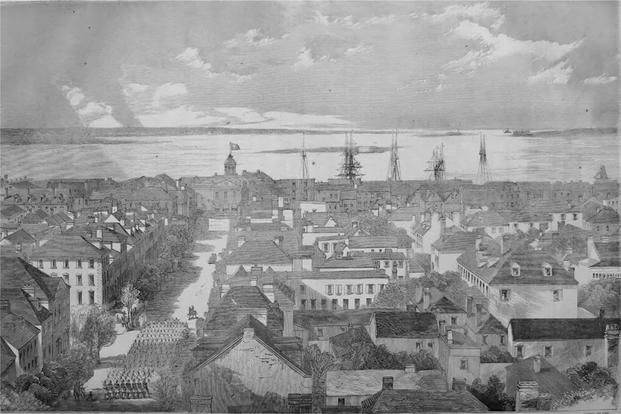
People who live in a country are good for more than just paying taxes to fund a functional government and its armies; they also fuel the strength, reach and capabilities of those armies. In the early battles of the Civil War, the South inflicted a lot more casualties on the North while keeping their numbers relatively low. But the North could handle those kinds of losses; it had more people to replace the multiple thousands killed on the battlefield.
For the South, time was not on its side. At the beginning of the war, the Union outnumbered the Confederates 2-to-1, and no matter how zealous Southerners were to defend the Confederacy, there simply wasn't enough of them to handle the kinds of losses the Union Army began to dish out by 1863. At Gettysburg, for example, Robert E. Lee's army numbered as many as 75,000 men – but Lee lost a third of those men in the fighting. Those were hardened combat troops, not easily replaced.
6. Politics

Replacing troops was a contentious issue in the Confederate government. The Confederacy was staunchly a decentralized republic, dedicated to the supremacy of the states over the central government in Richmond, Virginia. Political infighting hamstrung the Confederate war effort at times, most notably in the area of conscription. The Confederate draft was as unpopular in the South as it was in the North, but southern governors called conscription the "essence of military despotism."
In the end, the Confederate central government had to contend with the power of its own states, along with the invading Union Army. In 1863, Texas' governor wouldn't even send Texan troops east for fears that they would be needed to fight Indians or Union troops invading his home state.
We Are The Mighty (WATM) celebrates service with stories that inspire. WATM is made in Hollywood by veterans. It's military life presented like never before. Check it out at We Are the Mighty.
Keep Up With the Best in Military Entertainment
Whether you're looking for news and entertainment, thinking of joining the military or keeping up with military life and benefits, Military.com has you covered. Subscribe to the Military.com newsletter to have military news, updates and resources delivered straight to your inbox.
